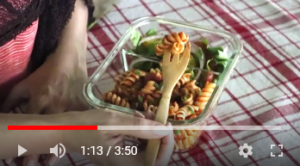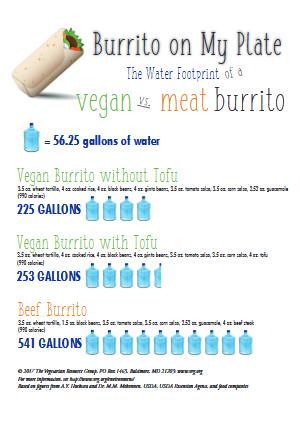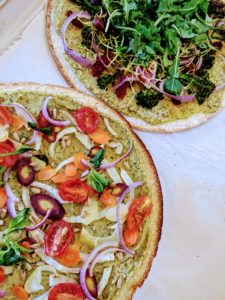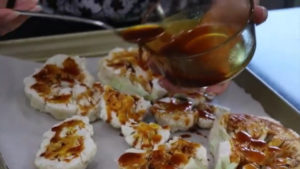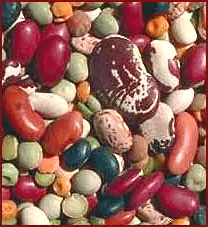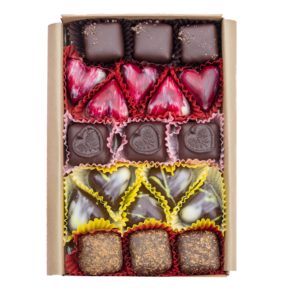New Labeling Requirements for Products Containing GMOs

By Reed Mangels, PhD, RD
According to the Non-GMO project, a genetically modified organism (GMO) is “a plant, animal, microorganism or other organism whose genetic makeup has been modified in a laboratory using genetic engineering or transgenic technology. This creates combinations of plant, animal, bacterial and virus genes that do not occur in nature or through traditional crossbreeding methods.” Bioengineered plants or animals have had a new gene inserted in them to give them a new trait, potentially one that is considered useful such as being resistant to a disease.
Polls have consistently shown that consumers are in favor of using product labels to identify foods that contain genetically engineered ingredients or GMOs.
On January 1, 2022, the USDA’s rules for labeling products with GMOs went into effect. Foods can say, “contains a bioengineered ingredient” or can have a round label that says “bioengineered” or “derived from bioengineering” or can be labeled with a phone number or a QR code that consumers can use to get more information.
Consumer organizations are concerned because many consumers are not familiar with the term “bioengineered.” Also, consumers may not have smart phones or be unfamiliar with the technology for QR code access.
In addition, just because a package doesn’t have a label, there’s no guarantee that it doesn’t contain genetically modified ingredients. Products containing GMO corn, soybeans, or sugar do not have to be labeled if the levels of DNA in the final product is “not detectable.” So, for example, if high fructose corn syrup, derived from GMO corn is used in soda, and the DNA from the corn doesn’t show up because of the processing that has been done, the soda does not have to be labeled. Products made from crops containing 5% or less of genetically engineered ingredients also don’t have to be labeled. In contrast, the European Union (EU) standard is much lower (0.9%) to allow for accidental contamination. Animal products, such as milk and eggs, from animals whose feed contained GMOs do not have to be labeled.
Marion Nestle, author of Food Politics and other books, describes the new labeling rules as “useless.” Fortunately for those consumers who don’t want their food to contain GMOs, other certifications such USDA Organic and NON-GMO Project Verified are still allowed to appear on packages.
For more information see:
Food Politics blog: USDA’s GMO-labeling Rules, Such As They Are, Go Into Effect
The Washington Post: The USDA’s New Labeling for Genetically Modified Foods Goes Into Effect Jan. 1
USDA: BE Disclosure
Microbial Rennets and Fermentation Produced Chymosin: How Vegetarian Are They?
Genetically Modified Microbial Rennet: How Vegetarian Is It?
